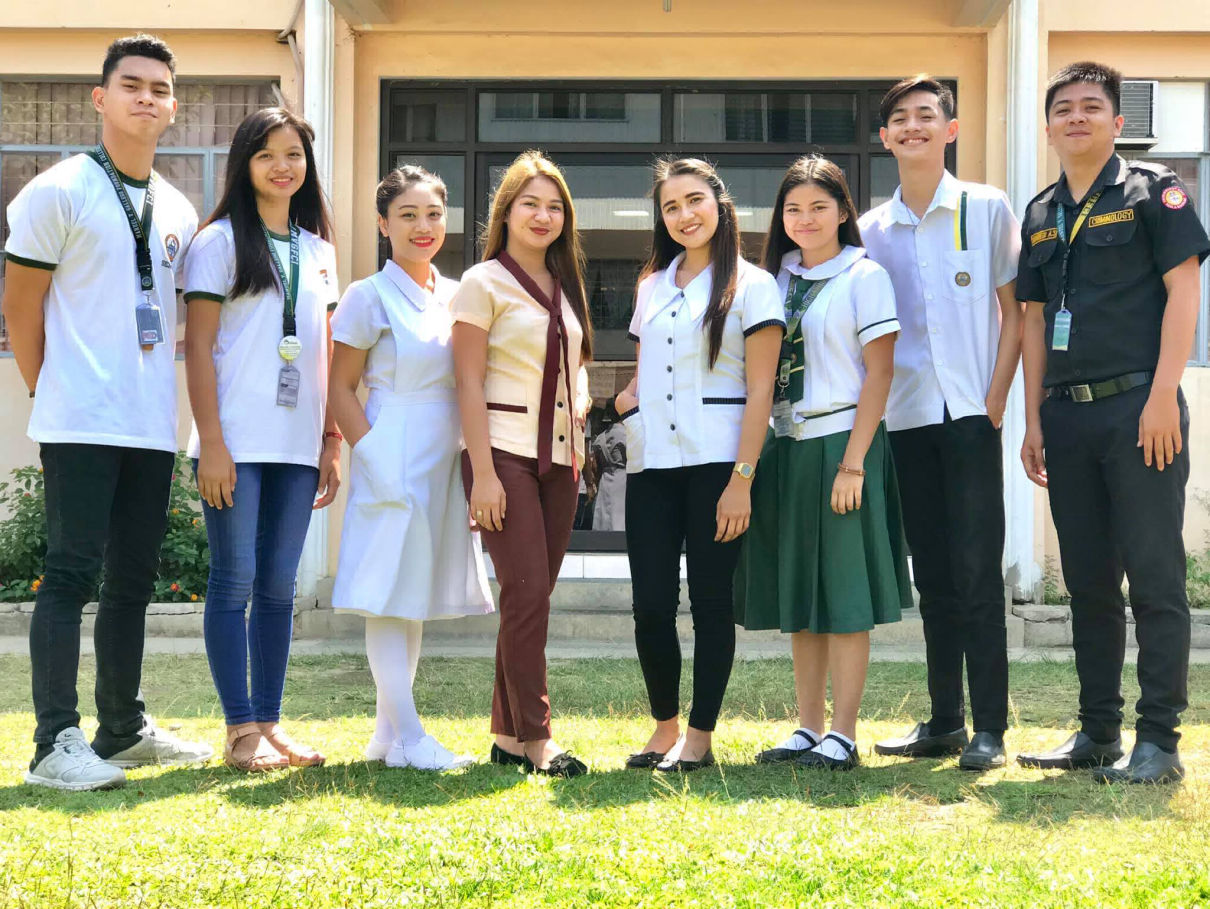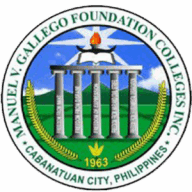Core Values
The MVGFC community is guided in the conduct of its day to day activities by its core values. A person who internalizes genuinely and manifests consistently these values is a true Gallegan. A true Gallegan is:
We shall act with integrity, honesty and fairness at all times.
Being principled includes hearing different sides of problem or issue and making an equitable judgment using due process. Those who are found to have committed wrongdoing must be held accountable for their actions (as opposed to blaming others) and accept the consequences that accompany them.
Being principled includes using our time productively in performing our official functions during work hours. This also includes being financially honest and accountable, not committing waste, and not using school property for personal use.
We shall respect the dignity of our students, faculty and staff. With respect to our students, we shall uplift their self-esteem and we shall refrain from doing any action that would adversely affect self-worth.
We value being on time for meetings, appointments and for events. By consistently being on time when we meet others we show that we respect them and we give the message to the community that we are efficient, disciplined, and considerate of people’s time.
We further manifest this value by consistently submitting the grades of our students on time, and by performing and finishing tasks on or before deadlines.
We openly and fairly consider ideas. We earnestly set aside our bias and prejudice, and attune are minds to be open and receptive but critical and questioning.
We actively search for the truth by critically learning information about particular issues that are important to us and our work.
We shall have the ability not only to learn, but also to unlearn and relearn.
Our open-mindedness is manifested on the content and presentation of what we teach, and our respect for others’ beliefs and practices especially when they are different from ours.
We are committed to collaborate with our fellow faculty, technical staff, department heads, mentors, and peers outside our school to achieve the Institutional Goal and the Department Objectives
We appreciate that by collaborating we can learn best practices, share learning resources, and receive constructive feedback to improve teaching and learning and/or the performance of administrative functions.
Collaborating with others also spur our creativity as we are exposed to other ideas and ways of doing things. We manifest our creativity in our teaching presentations, materials, class activities, questions in class, in quizzes and test, assignments, improvement of processes and procedures, and other initiatives that improves the department and the school.
We believe that reflection promotes deep thinking about issues that are important to us including the improvement of our work. Deep thinking is the key to transformation. Reflection includes a reassessment of prior knowledge and beliefs.
Reflection assists meta-cognition in that you become aware how your thought processes are working about a certain issue or concern. You gain deeper understanding of how your mind works and yourself.
We manifest our being reflective in the way we actually transform our teaching and working practices, through the initiatives we generate to improve the department or the school, and through the different ways we show our creativity and resourcefulness.

